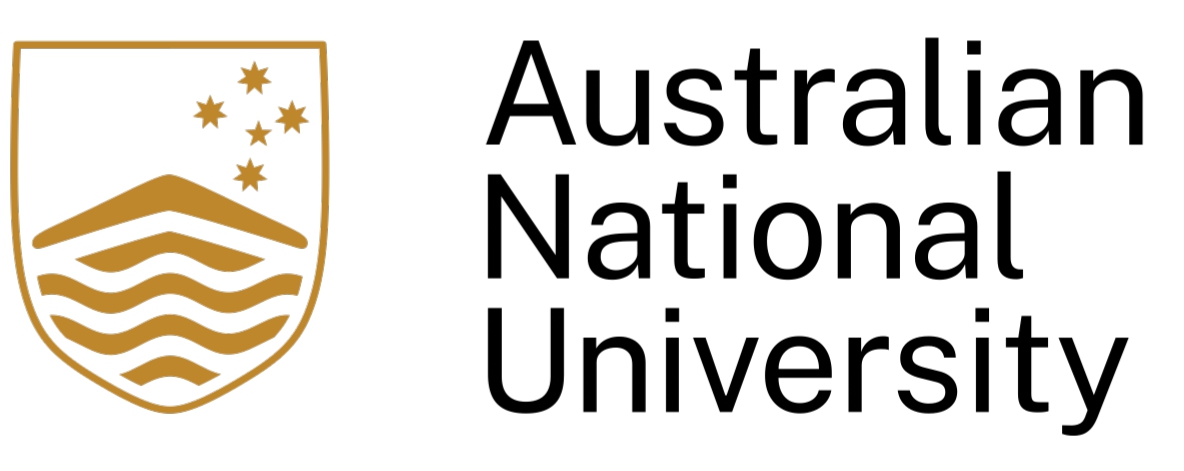The Place of Democratic Education in Selected Philippine Public Junior High Schools
Abstract
The research looked into the beliefs and practices of social studies teachers in selected Philippine public junior high schools and the factors that hindered teachers from practicing democratic classroom approaches. The handling of social studies classroom is deemed crucial especially for a nation that has been divided by two opposing versions of history. The study found that the social studies teachers believed and practiced teacher-centered approach and managed their classes using behavioristic methods, utilizing punishment and reward system. The teachers preferred traditional paper-and-pencil tests. The lack of meaningfulness of classroom activity and democratic engagement in the classroom was brought about by the teachers limited conceptions of learner-centered approaches. The teachers needed more training and feedback on their implementation of the K-to-12 program’s emphasis on constructivist teaching approach. An important issue that needed to be addressed by the Philippine Department of Education is the one raised by the teachers regarding the social studies curriculum. They deem that the Philippine History is necessary to be tackled among the more mature junior high school students compared to the elementary students.



.jpg)
.jpg)
.jpg)
.jpg)


.jpg) .
.

.jpg)

.jpg)

.jpg)




